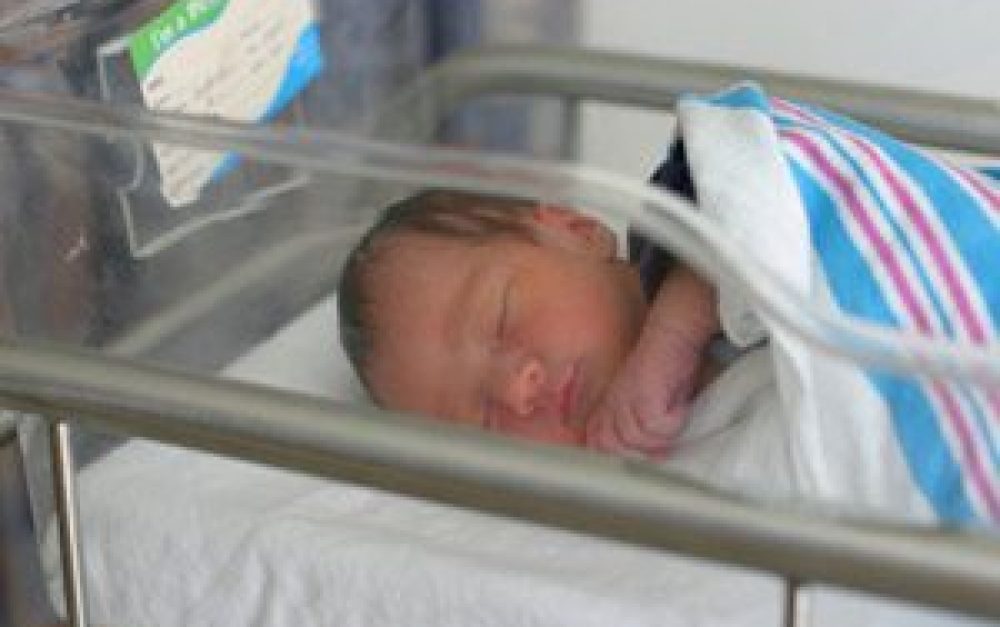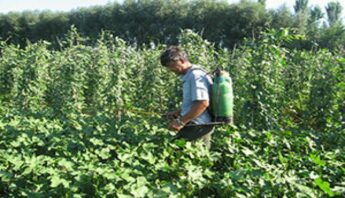Once more, science shows that pesticide exposure is linked to serious health harms, and children bear the brunt of the cost.
A recent study revealed that persistent pesticides and pollutants are related to a 450% increase in two specific birth defects across rural China: spina bifida and anencephaly.
The study, published in Science Daily, looks at the impact of the load of pollutants "our advanced industrialized societies have unleashed upon us." Richard Finnell, professor of nutritional sciences and director of genomic research at the Dell Children's Medical Center of Central Texas, reports on the findings of his team:
We've suspected for a while that some of these pollutants are related to an increase in birth defects, but we haven't always had the evidence to show it. Here we quite clearly showed that the concentration of compounds from pesticides and coal-burning are much higher in the placentas of cases with neural tube defects than in controls.
Two chemicals familiar to PAN are named in the study: endosulfan and lindane. Though I'm very proud that PAN helped secure global bans on these very chemicals, the news reminds me again of the profound costs of pesticide reliance, and that corporate influence on government means that change comes far too late.
There is so much work that remains to be done.
My first email after reading the news was to the leadership of our key partner in China, the Pesticide Eco-Alternatives Center, part of the PAN network. Through our connection across continents and cultures we were able to share and mourn the news, and I could offer some small boost of support.
We'll continue our work together with PEAC toward a world where such birth defects caused by pesticides cease to be a reality.







